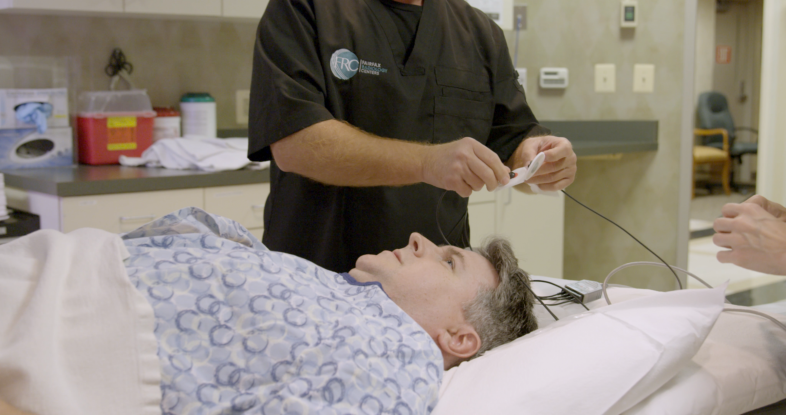Did you know, approximately one in four deaths are caused by heart disease? Heart disease typically progresses slowly for many years. In fact, the first sign for many men and women is not until they suffer a heart attack. It is important to know that there are many variations of heart disease, but the most common is Coronary Artery Disease (CAD). CAD occurs when plaque builds up on the arteries of the heart. This build up causes the arteries to narrow which limits blood flow. Ultimately, resulting in a heart attack.
There is good news! Early detection makes coronary artery disease easier to treat and manage.
Risk Factors for Coronary Artery Disease
- Age
- Gender
- Ethnicity
- Family history of heart disease
- Tobacco use
- High cholesterol
- High blood pressure
- Inactive lifestyle
- Overweight
- Diabetes
Screening Tests for Coronary Artery Disease
CT Calcium Score
A Calcium Score is a type of noninvasive, advanced screening test that uses Computed Tomography (CT Scan) to help determine if you are at increased risk for a heart attack—even if you have no symptoms of coronary disease.
The results of this test will allow your physician to calculate your risk of developing Coronary Artery Disease based on the amount of calcified plaque measured in your coronary arteries.
Coronary CTA
Coronary Computed Tomography Angiography, more commonly referred to as Coronary CTA, is an advanced screening test that uses sophisticated X-rays to help detect early coronary disease. This test is typically recommended if you have any early symptoms; including: high cholesterol, indeterminate results on a stress test, chest pain, or other signs of stenosis.
Coronary CTA can accurately show both calcified and soft cholesterol plaques in your arteries and determine the presence and severity of blood flow obstruction. Soft plaques are the most common cause of heart attaches and are not detectable by other noninvasive screening tests.
Patients with several risk factors and who may be experiencing painful pressure or tightness in the chest area, shortness of breath and lightheadedness, or an irregular heartbeat (palpitations) should seek additional cardiac imaging tests.
Since heart disease is the leading cause of death in both men and women, it is essential that you keep your heart as healthy as possible. Studies have shown that avoiding things like smoking cigarettes, abusing alcoholic beverages and excessive caffeine consumption, can help put you on the path to success and lessen the risk of heart disease. Practicing healthy habits like exercising and eating healthy can also decrease the risk of heart problems.
Talk with your healthcare provider about the benefits of cardiac screening and if it is right for you. It is important to remember that you will need a written physician order from your healthcare provider to schedule your heart scan appointment.
